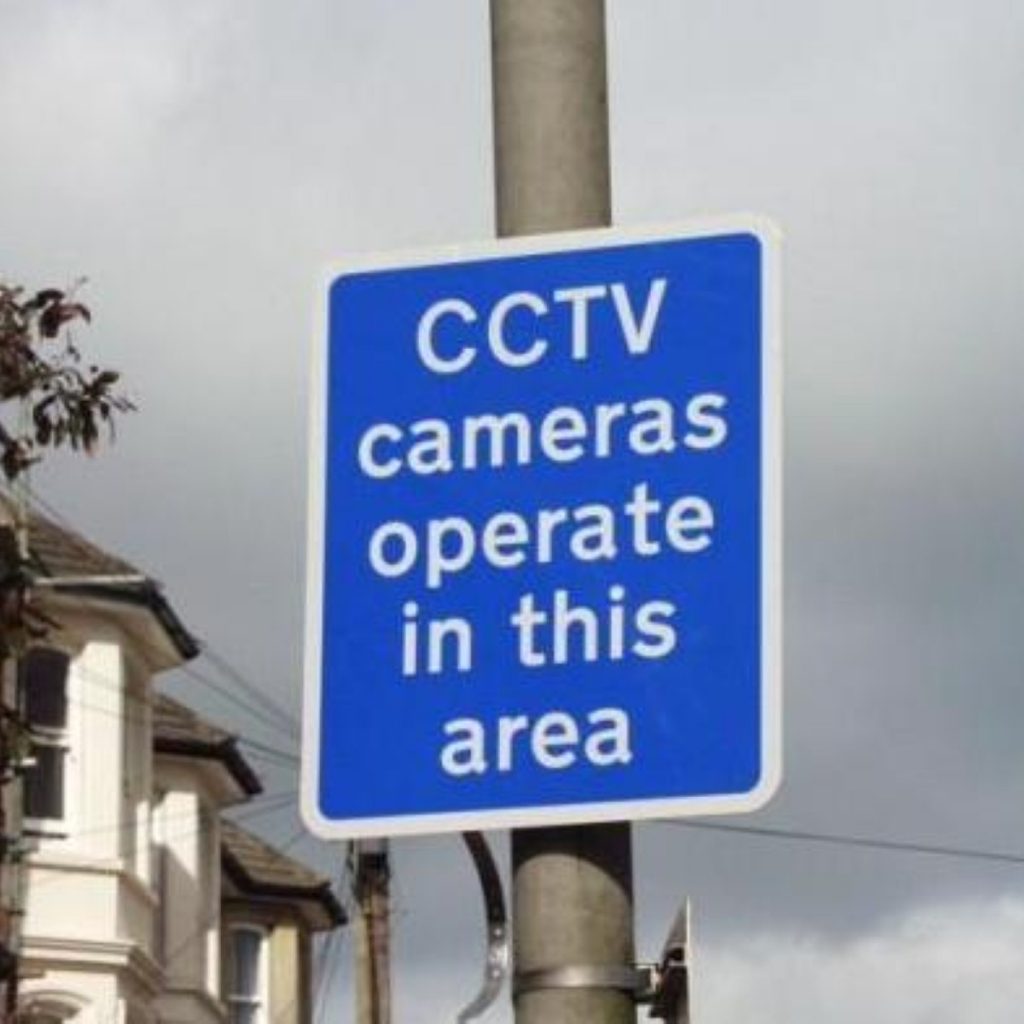Govt accused of amassing private data
The government is gathering more and more information about its citizens and must change its attitude to data retention, an influential committee of MPs has found.
Keith Vaz, chairman of the home affairs committee, said: “What we are concerned with is the tendency to collect more and more data just because the technology allows it and for data to be used beyond the purposes it was initially collected for.”
The committee, which has regularly challenged the government on its attitude to surveillance, urged it to resist the temptation to collect more personal information than it strictly needs and recommended adopting a policy of ‘data minimisation’.
The MPs are not allowed to investigate the government’s ID card plans, but they nevertheless expressed concern over the loss of HMRC records and the bugging of an MP’s conversation in Woodhill prison. It said the government’s assurance it had learnt from its mistakes “are not sufficient to reassure us or, we suspect, the public”.


Keith Vaz continued: “What we are calling for is an overall principle of ‘least data, for least time’. We have all seen over the past year extraordinary examples of how badly things can go wrong when data is mishandled, with potentially disastrous consequences.
“The key issue is trust – the public don’t have much choice over the data held on them by public bodies, so they must be confident about how it is being collected, stored and used – otherwise we are in danger of becoming a ‘surveillance society’,” he added.
The committee paid particular attention to chilling rumours from the government it may use patient data or information held on children for the purposes of predictive profiling of future criminal behaviour rather than child protection.
“The Home Office must not undertake or sponsor work of this sort,” it said.
It also raised alarm bells over ‘function creep’, in which information or surveillance is used for purposes beyond those originally intended.
Last April, for instance, Poole borough council admitted using laws designed to catch criminals and terrorists to spy on a couple who they suspected of cheating the school catchment system.
The committee suggested the information commissioner should produce an annual report on the state of surveillance in the UK to parliament.
Today marks the third official enquiry in four months to raise fundamental objections to the national identity scheme, the others being from Sir James Crosby for the Treasury and the independent scheme advisory panel of top technology managers.
Guy Herbert, general secretary of NO2ID, commented: “Minimisation of data is common sense for both privacy and security.
“A pity then, that the national identity scheme offers precisely the opposite. Its whole conception is to join together as much personal information possible and keep it available forever – maximisation of data.”
He continued: “The government seems to think that if it has made the legislation it doesn’t need to explain anything. But grinding on with its mass surveillance database projects in the face of these recommendations would be astonishing arrogance.”












